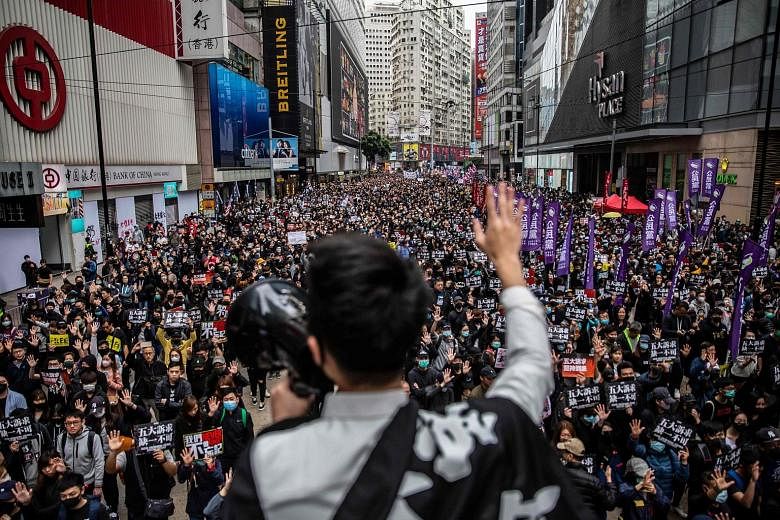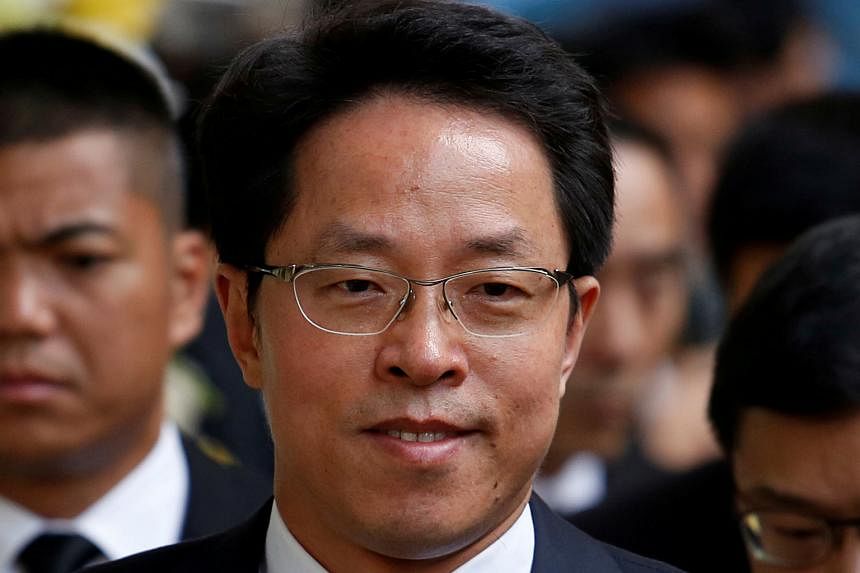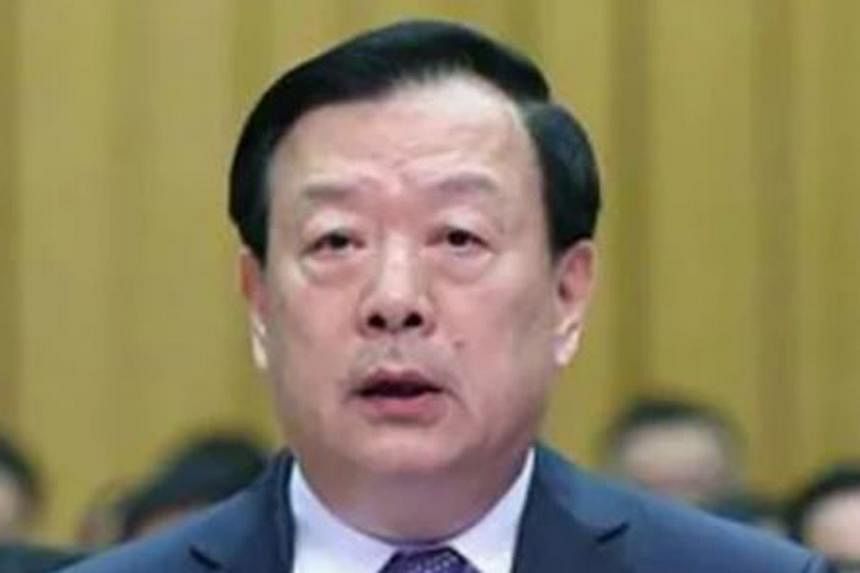Asian financial hub Hong Kong, plagued by unrest that has spanned over eight months, will now come under greater scrutiny by the new chief of the Hong Kong and Macau Affairs Office (HKMAO) in an indication of Beijing's promise to quell demonstrations and protect national security.
Observers The Straits Times spoke with said the appointment of Mr Xia Baolong was triggered by the handling, or lack thereof, of the ongoing protests that have battered the city's economy.
The 68-year-old, a protege of China's President Xi Jinping, is a vice-chairman of the Chinese People's Political Consultative Conference and a former party secretary of Zhejiang province.
He takes over as head of the HKMAO from predecessor Zhang Xiaoming, who has been demoted to deputy director. The director of the Liaison Office in Macau, Mr Fu Ziying, was also made a deputy director of the HKMAO.
The news comes just over a month after the appointment of 65-year-old Luo Huining, a top mainland official in Hong Kong, to the city's liaison office. He replaced former liaison chief Wang Zhimin.
Associate Professor Alfred Wu of the Lee Kuan Yew School of Public Policy said the changes are a clear sign that "the central leadership is not satisfied with developments in Hong Kong".
While some reports described the move as shocking and a shake-up, Prof Wu believes the writing was already on the wall.
He said the decision was a planned one and was made when Beijing decided to deploy Mr Luo, formerly a top party official in the northern province of Shanxi.
"If you look into their resumes, Luo is slightly ahead of Zhang in terms of seniority and experience," said Prof Wu, who added that Mr Xia is a state leader, so he is higher in seniority than Mr Luo.
The HKMAO is in charge of policymaking, while the Hong Kong Liaison Office is in charge of policy implementation.
Prof Wu said: "You can see that someone more senior than Zhang is now in charge of front-line implementation, and the more junior person is giving orders."
Given Mr Xia's background as President Xi's protege, Associate Professor Sing Ming of the Hong Kong University of Science and Technology warned that the move suggests Mr Xi craves a more hands-on approach to Hong Kong's troubling political discontent and the resultant economic fallout.
"Obviously, Hong Kong is too important (for Beijing to let it) slip away, given that it is an economic and financial powerhouse that serves a number of very crucial functions for China," Prof Sing said.
The decision to appoint Mr Xia, viewed widely as a hardliner, spells further political tightening for Hong Kong, he added.
Another possibility, pointed out by Mr Lau Siu Kai, vice-president of China's top think-tank on Hong Kong, is that Beijing will now play a more important role in Hong Kong's governance and "in combating internal and external adversarial forces".
"Beijing's bottom line is that national security has to be safeguarded, Hong Kong's jurisdiction will not fall into the hands of hostile forces and Hong Kong's governance will not be paralysed," said Mr Lau of the Chinese Association of Hong Kong and Macau Studies.
Late last month, Mr Luo had echoed similar sentiments in an article in the People's Daily newspaper.
In it, he cautioned that the "one country, two systems" principle, where Hong Kong is guaranteed a high degree of autonomy for 50 years from the 1997 handover from the British, will be at serious risk if the "long-term national security loophole" is not plugged.
Mr Luo also said the central government would continue to support Hong Kong in setting up a mechanism related to national security, and also beef up enforcement.












